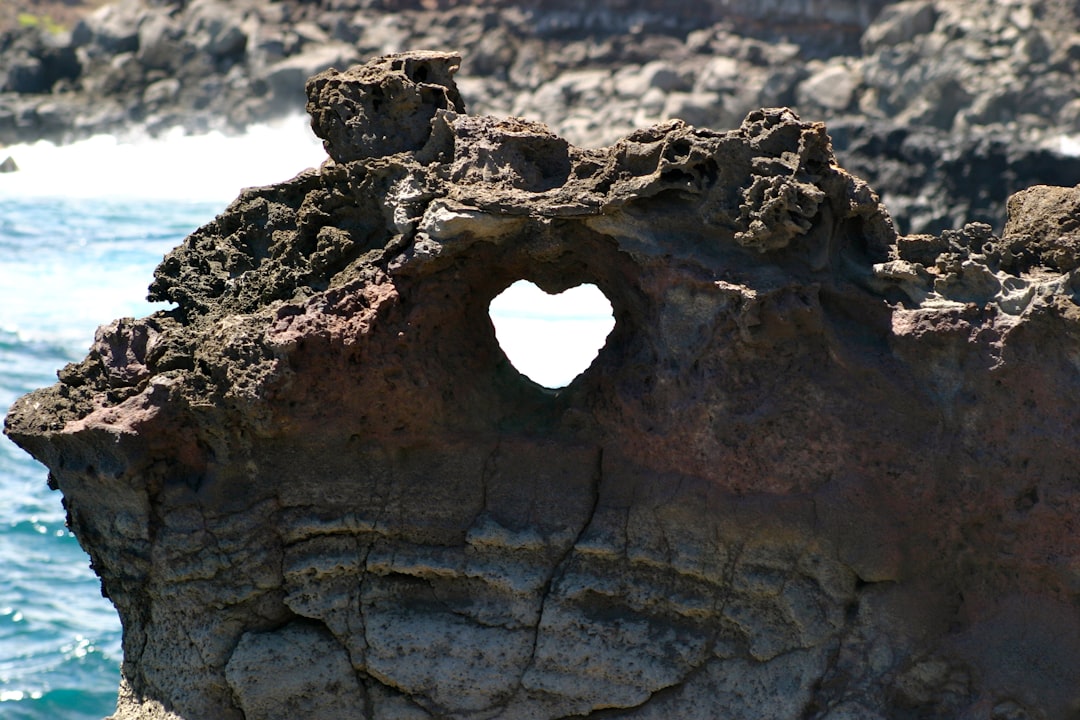My heart has always been there for me (even if it's a "dumpster fire")
I chatted with Boots Knighton about coming to terms with a lifelong cardiac issue and how acceptance brings peace
Welcome! This is The Heart Dialogues, a free newsletter for people born with heart conditions (and the people who care about them). Join this community by adding your email below. Every other week, you’ll get an edition in your inbox with candid conversations, essays, links, recommendations, reader threads and other good stuff about what it’s really like to live with a weird and special heart.
Greetings. I’m bringing you a *bonus edition* today to make sure you don’t miss my conversation with Boots Knighton on her podcast, “The Heart Chamber.”
Boots, who writes the Substack
, experienced the first few inklings of her heart issues on a mountain bike ride in June 2020, when she was in her 40s. She has told the harrowing story of her diagnosis of myocardial bridging—a condition where one of the coronary arteries tunnels into the heart instead of lying on top of it—up through multiple open heart surgeries and their aftermath.Boots told me on our episode that she is still coming to terms with the whole situation, still settling into a rhythm for getting regular cardiac care, and still grappling with how her body has changed.
In the episode, I also told the story of when I landed in the ER in June 2020—the first time I’d stayed overnight in a hospital since I was a kid. We also discussed the struggle to keep showing up for cardiac care (especially when you start it as an adult) and the power of accepting your heart as it is.
You can also listen on Apple Podcasts, Spotify, etc.
Here’s a preview:
Boots: I call it, my heart, a dumpster fire, but that’s just my sick, twisted humor.
Leigh: I like that.
Boots: They were rolling me back in the ER yesterday, I was just like, “Ah, my heart’s just a dumpster fire.” It made the nurse feel so uncomfortable, I could tell. She was just like, “You’re not a dumpster fire, you don’t look like a dumpster fire!” And she immediately pooh-poohed my verbiage. It’s like, no, no, no, this is a dumpster fire. I’m allowed to call this a dumpster fire.
Leigh: I think it’s so interesting because I’ve thought about my heart in different ways as I’ve grown up, and I think that sort of ties into the idea of heart warrior or heart hero as well, where you’re allowed to be angry at your heart, you’re allowed to be disappointed. You’re allowed to have these moments where you’re not a bright, shiny person for other people. And also you’re allowed—what I really try and do today—to think of my heart as this really special thing.
I had an echo1 once a few years ago where the echo tech was great. She was so fascinated by my heart. And not in a creepy, weird way but just, “Wow! This is amazing, the way they repaired this. Your heart is so incredible. What a special thing. Look at what your heart has done.” And my heart has been there for me and gotten me through almost 40 years, despite it being a dumpster fire! I think the point is, you get to call it whatever you want. You can be angry, you can also appreciate it. And that’s going to change from day to day.
Related links
Don’t call me a warrior. Terms like “heart warrior,” “heart hero” and “survivor” always make me cringe. Why is that?
"I'm 29. I have to advocate for myself." Jake Chico on the perils of transitioning from pediatric care, plus why he's "pretty lucky."
Podcasts by and for people born with wonky hearts. A whole bunch of podcasts aimed at the CHD community have cropped up in the past few years. Here are a few of the shows helmed by people with heart conditions.
What do you call your heart? How do you think about the lifelong nature of a heart condition? Share your thoughts!
an echocardiogram, i.e. an ultrasound of the heart




I’ll say this for all: as I ponder what’s it going to be like going forward now that I’m 70, I figure so long as I feel heartfelt and not heartless, I’ve won!
I am writing on this blog as the mom of an almost 40-year-old man who would never write on this blog, and who was born with Shones Complex (4+ malformations in the left side of his heart) and who has survived four open heart surgeries, including a mitral valve replacement, as well as three balloon valvuplasties, and I have lost track of the number of pacemakers he has had implanted--he is entirely pacemaker-dependent. Despite this history, his left ventricular function is, remarkably, normal, mostly due the remarkable work of his last surgeon, Pedro Del Nido in Children's Hospital, Boston. So what do I call his heart? When he was a child, in and out of hospitals, with chronic heart failure and pulmonar hypertension, I would think of Humpty Dumpty, who all the King's men and all the King's horses coudn't put back together again. Now, I think of his heart as simply a miracle; it has survived so much and is able to keep my beloved son alive on this earth.